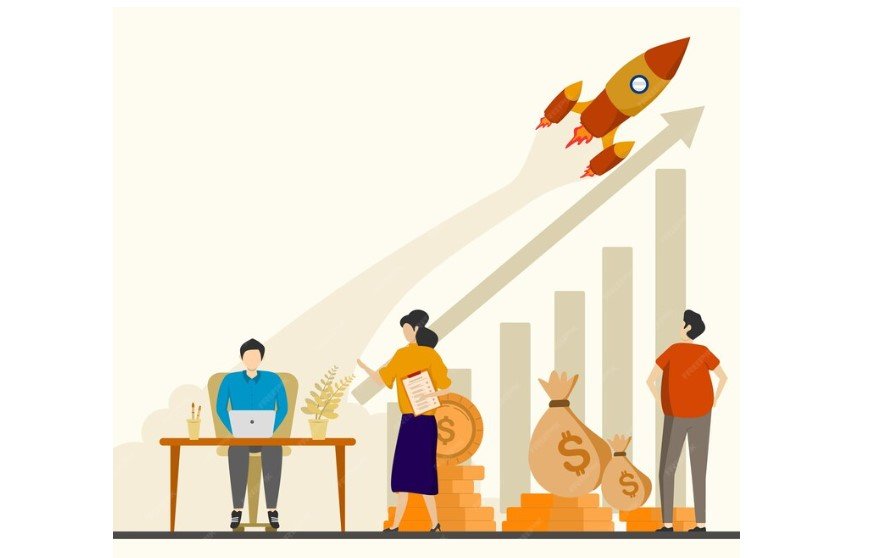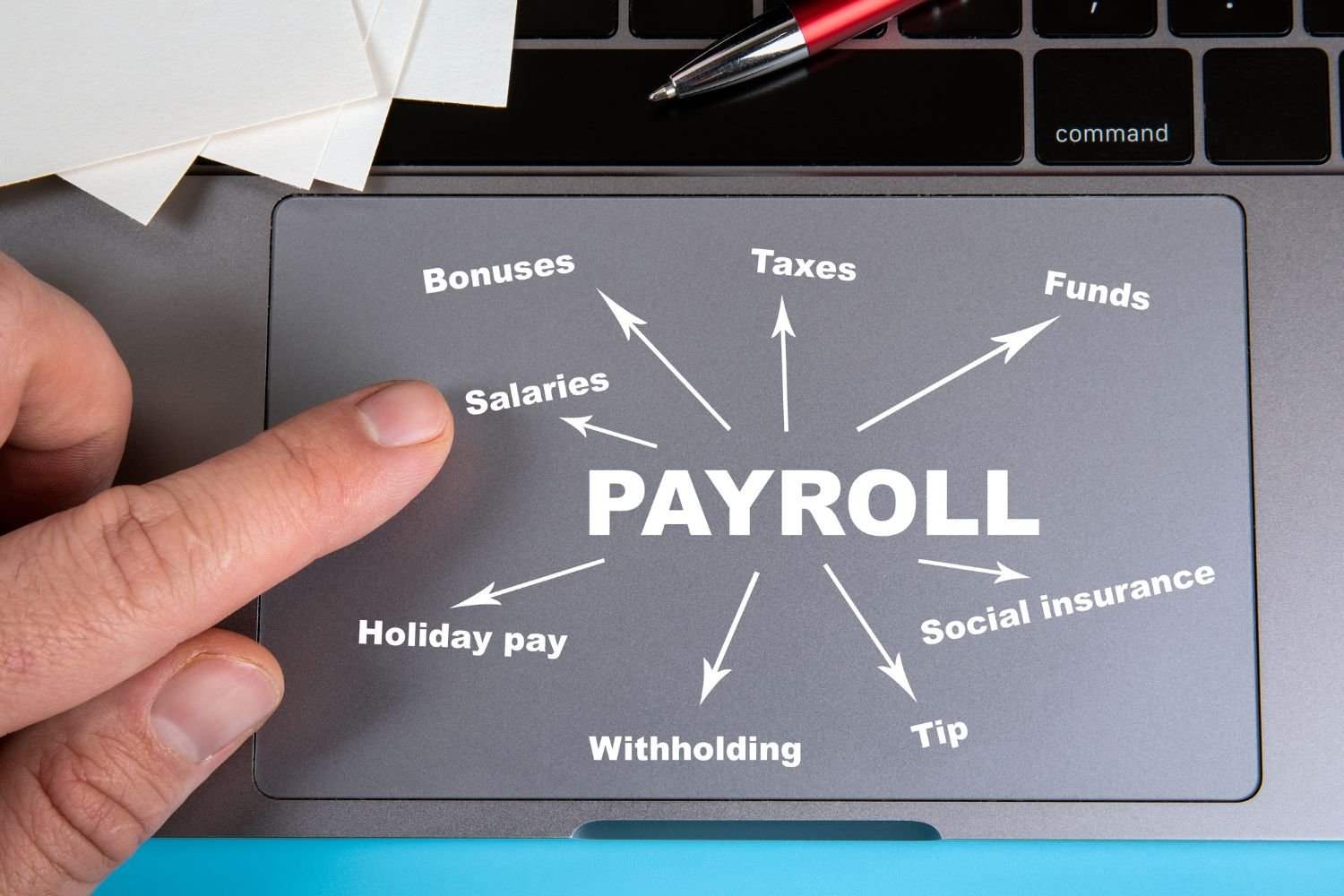There is increasing attention being paid to the pros and cons of the gig economy. The gig economy, also known as the freelance or on-demand economy, has been rapidly growing in recent years. This non-traditional employment model allows individuals to work as independent contractors or freelancers, often utilizing digital platforms to find and perform short-term, flexible jobs. While the gig economy offers a number of benefits, such as flexibility and autonomy, it also presents several challenges and drawbacks.
One of the major advantages of the gig economy is the flexibility it provides to workers. Gig workers have the ability to set their own schedules, choose the projects they want to work on, and work from anywhere with an internet connection. This flexibility can be particularly appealing to those who have other commitments, such as students, caregivers, or individuals with disabilities. Additionally, the gig economy allows individuals to explore different industries and gain diverse experiences, which can be valuable for personal and professional development.
On the other hand, the gig economy also has its downsides. Gig workers often do not receive the same benefits and protections as traditional employees, such as healthcare, retirement plans, and paid time off. Additionally, the inconsistent income and lack of job security can create financial instability for gig workers. Moreover, gig workers may face challenges in building long-term relationships with clients and establishing a stable income stream. As the gig economy continues to grow, it is important to consider both the advantages and disadvantages in order to make informed decisions about participating in this type of work.
Some pros of the gig economy include flexibility and control for workers, increased opportunities for part-time or freelance work, lower costs for employers, and the potential for greater work-life balance. However, there are also several cons, such as the lack of job security and benefits for full-time workers, potentially unstable income for part-time workers and freelancers, and the potential for exploitation by employers.
Advantages for full-time workers in the gig economy may include the ability to choose their own hours and work from home, while employers benefit from reduced labor costs and increased access to a wider pool of talent. Part-time workers and freelancers also have the flexibility to take on multiple projects and work for multiple clients, which can lead to greater income potential.
On the downside, full-time workers may struggle to find stable employment and consistent income, while employers may face challenges in managing a workforce with varying schedules and expectations. Part-time workers and freelancers may also have difficulty accessing benefits such as healthcare, retirement plans, and paid time off.
Overall, the gig economy has the potential to change the future of work by creating more opportunities for flexible employment and entrepreneurship, but it also presents challenges in terms of worker rights, job security, and income stability. As the modern economy continues to evolve, it will be important to address these issues and find solutions that benefit both workers and employers.
The gig economy, future of work, and informational economy all have significant implications for businesses, society, and educational institutions.
For businesses, the gig economy and future of work mean increased flexibility in hiring and managing staff. This can be beneficial in terms of cost savings and access to a broader pool of talent, but it also poses challenges in terms of building a stable and committed workforce.
The informational economy requires businesses to adapt and invest in technology and data analytics to remain competitive. This presents both opportunities for innovation and growth, as well as the risk of falling behind in an increasingly digital and information-driven marketplace.
For society, the gig economy and future of work raise concerns about job security, income stability, and access to benefits for workers. These trends also have the potential to exacerbate income inequality as more individuals engage in non-traditional forms of employment.
Educational institutions are facing new challenges as they work to prepare students for the changing nature of work. There is a need for a greater emphasis on teaching skills such as adaptability, critical thinking, and digital literacy, as well as a shift towards providing lifelong learning opportunities to support individuals in a rapidly evolving job market.
Overall, the gig economy, future of work, and informational economy are reshaping the way businesses operate, how society functions, and the role of education in preparing individuals for the workforce. Adapting to these changes will require innovative thinking and proactive strategies to ensure that businesses, society, and educational institutions can thrive in this shifting landscape.
Pros of the Gig Economy:
- Flexibility for workers to choose their own hours and jobs
- Increased job opportunities for those who may struggle to find traditional employment
- Ability to work from anywhere with an internet connection
- Potential for higher earnings for skilled workers
Cons of the Gig Economy:
- Lack of job security and benefits, such as healthcare and retirement savings
- Difficulty in establishing a stable income
- Potential for exploitation by employers
- Lack of regulations and protections for gig workers
Nations will meet the challenges of the gig economy by implementing policies and regulations to protect gig workers, such as minimum wage laws, access to healthcare and retirement benefits, and protections against exploitation.
Nations with strong social safety nets and labor protections are better prepared for the gig economy, as they can provide a cushion for workers who may struggle to find stable income through gig work.
Nations with a large population of traditional workers in industries that are being disrupted by the gig economy, such as transportation and hospitality, may stand to lose from the gig economy as it leads to job displacement and insecurity.
The gig economy can impact international competitiveness by allowing businesses to access a global pool of talent for specialized tasks, but it can also lead to lower labor standards and wages as workers from around the world compete for the same jobs.
Frequently Asked Questions about the Pros and Cons of the Gig Economy
- What is the gig economy?
The gig economy is a labor market characterized by short-term and freelance work as opposed to permanent jobs. In this economy, workers may take on multiple small jobs, also known as gigs, instead of being employed in a traditional full-time position. - What are the pros and cons of the gig economy for workers?
The gig economy provides both advantages and disadvantages for gig workers. On one hand, it offers flexibility and the opportunity to be their own boss; however, it can also lead to disadvantages such as lack of job security and retirement benefits. - How does the gig economy benefit employers?
For employers, the gig economy provides a pool of flexible workers who can be hired on a project basis. This can save time and money for companies compared to hiring full-time employees and maintaining traditional office space. - What are some challenges faced by gig workers?
One challenge faced by freelancers in the gig economy is the instability of work. It may be difficult to find work consistently, and the work schedule can be unpredictable. - Is job security a concern in the gig economy?
Yes, job security is a significant concern in the gig economy as workers may face changes in their current employment status and income from the gig economy is often uncertain.
Thank you for reading this post on the pros and cons of the gig economy. Please share the post and our website with your social media contacts.
We also invite you to watch other videos on our Youtube channel: Successful Businesses.
We invite you to read this post on our website: https://successfulbusinesses.info/how-to-write-a-business-plan/









